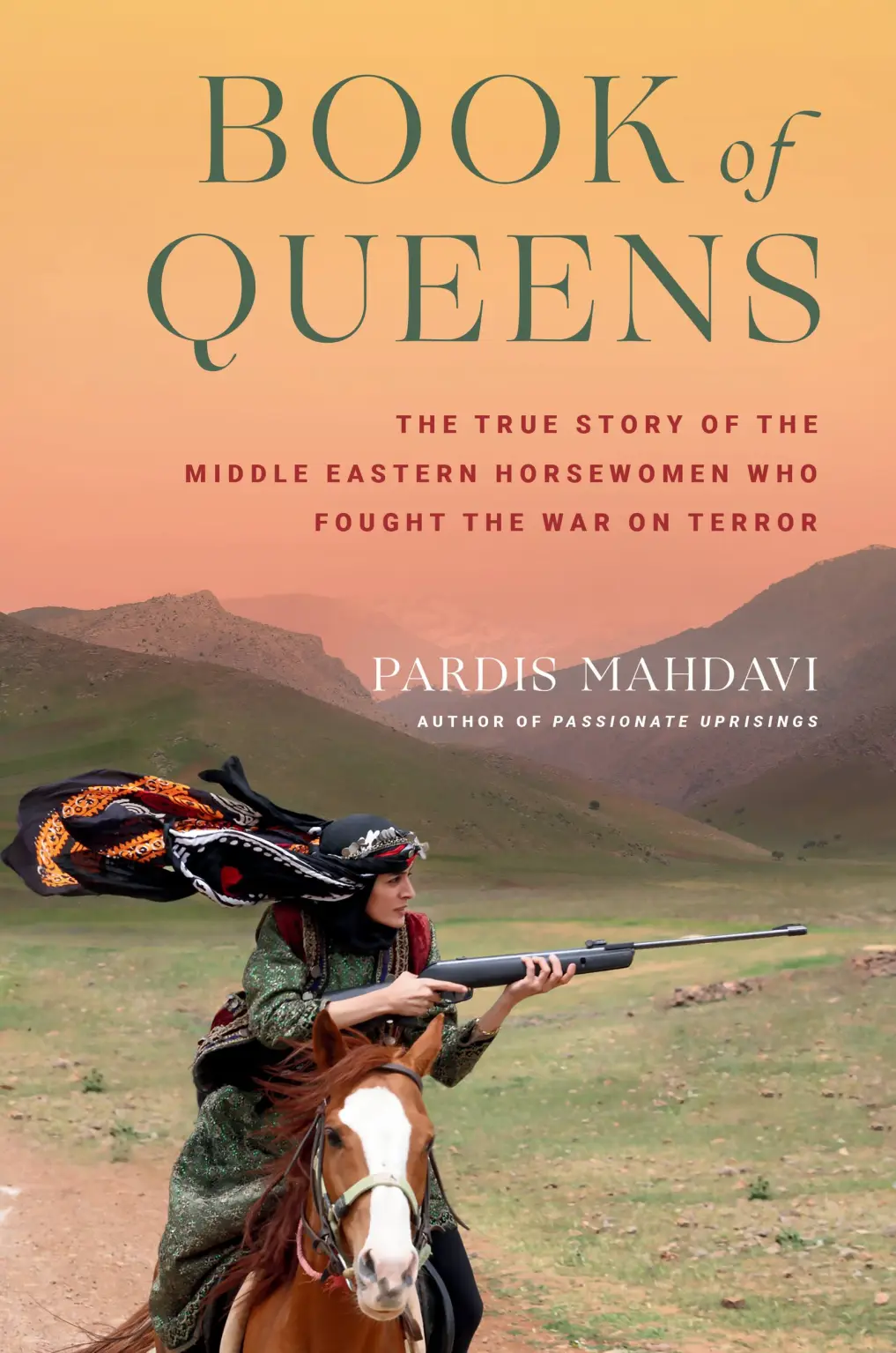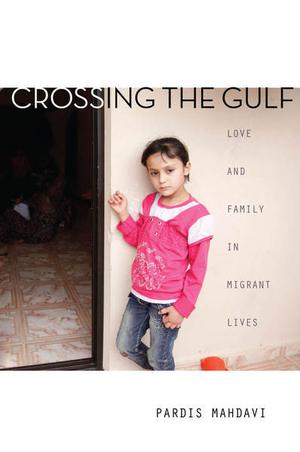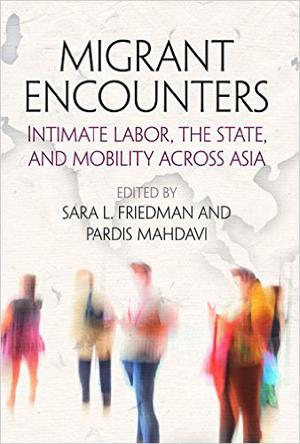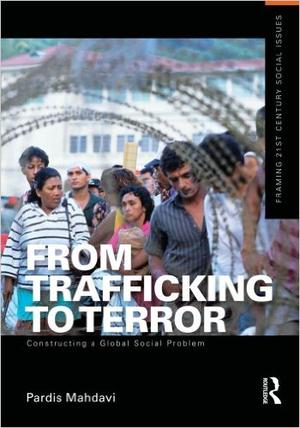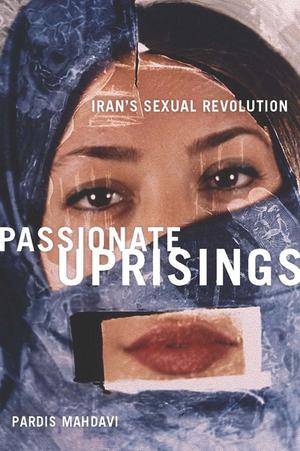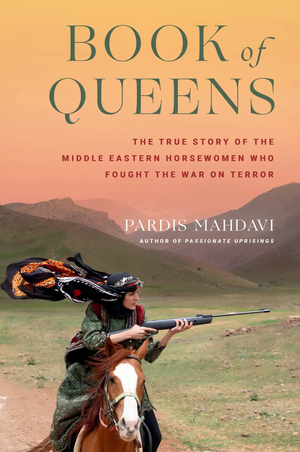
Book of Queens: The True Story of the Middle Eastern Horsewomen Who Fought the War on Terror
The untold story of generations of Middle Eastern freedom fighters—horsewomen who safeguarded an ancient breed of Caspian horse—and their efforts to defend their homelands from the Taliban and others seeking to destroy them.
"A breathtaking book that revisits nearly one hundred years of Iranian history, highlighting the power and beauty of women who refuse to be subdued.” ―Alison Hawthorne Deming, author of A Woven World
Book of Queens reaches back centuries to the Persian Empire and a woman disguised as a man, facing an invading army, protected only by light armor and the stallion she sat astride. Mahdavi draws a thread from past to present: from her fearless Iranian grandmother, who guided survivors of domestic violence to independent mountain colonies in Afghanistan where the women, led by a general named Mina, became their country’s first line of defense from marauding warlords. To the female warriors who helped train and breed the horses used by US Green Berets when they touched down in October 2001, with a mission but insufficient intelligence on the ground—women whose contributions were then forgotten.
